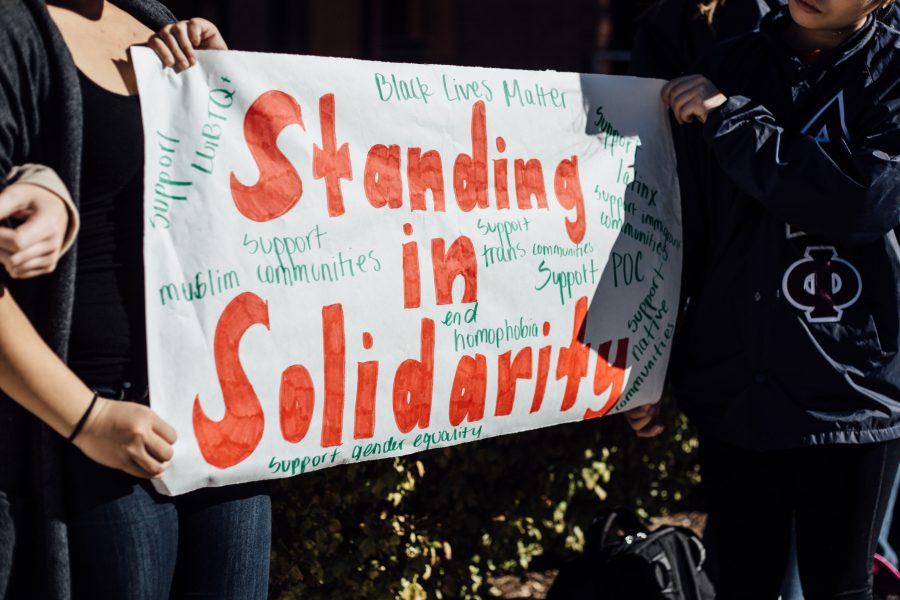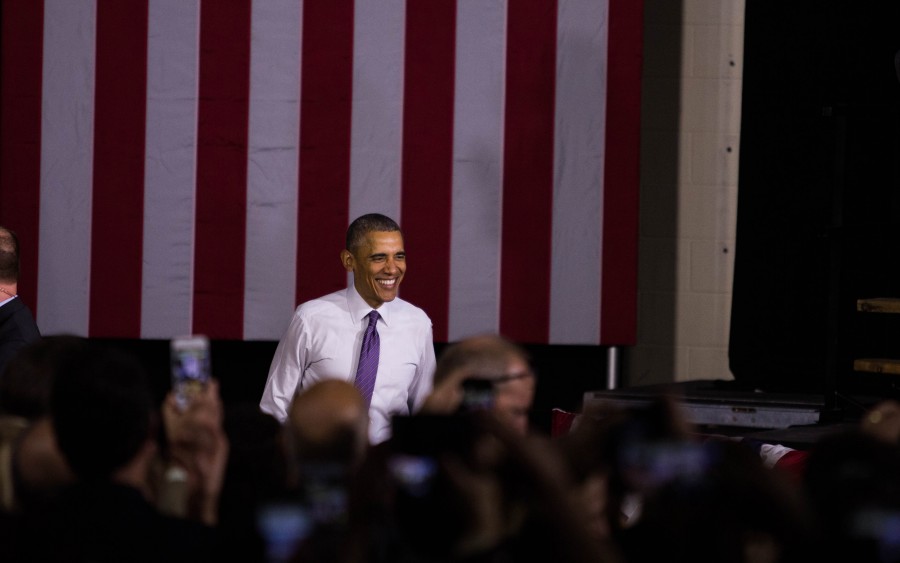During the 2008 presidential election, more than two-thirds of voters ages 18 to 29 voted for President Barack Obama. One of the most significant promises made by Obama during his campaign was to enact comprehensive health care reform.
Although determining the specific motivation of voters is difficult, it’s certainly not a stretch to imagine that many of these voters made their decisions due to this promise to reform a system that left tens of millions of Americans uninsured and swallowed an increasing portion of government expenditures and household income.
However, as the debate unfolded, the objective of health care reform became increasingly blurred. Politicians and policy makers on both sides of the aisle helped to decrease the popularity of the bill through accusations of “death panels” as well as seemingly backdoor deals for specific states. In the end though, the fundamental desire for change in America’s health care system never wavered.
Despite setbacks, the Patient Protection and Affordable Care Act became law and there are plenty of strong policy reasons to support the legislation. First, the bill provides subsidies to individuals and small businesses, which will extend health insurance to 32 million uninsured Americans. This isn’t only a moral imperative, but also helps reduce premiums by reducing passed-on costs for unpaid emergency room visits by the uninsured.
Additionally, the bill allows young people to remain on their parents’ insurance until age 26 — a big help for those about to graduate and attempt to enter the work force. The bill also ends the contemptible practice of insurance companies denying coverage to children and adults with pre-existing conditions.
The bill reduces the burden of the national deficit, despite Republican claims to the opposite. Over the first 10 years, the deficit would be reduced by $138 billion and by an additional $1.2 trillion in the second decade.
However, perhaps the greatest part of the bill of the fundamental change in the direction in the country it symbolizes. This bill represents the greatest attempt to address the growing gap between the rich and the poor that has been widening in the United States since the 1980s.
This growing inequality represented a challenge to the very character of America and challenged our notions of the American Dream. But the courage of President Obama, senators, congressmen and ordinary people who fought for this bill has shown that America can still do great things and address the immense challenges it faces.
I, for one, am proud that my generation played such an integral part in electing the president who championed and passed this historic legislation. My only hope is that such success can continue with the rest of the challenges still facing our country.
Josh Henderson is a senior in the College of Arts & Sciences.





